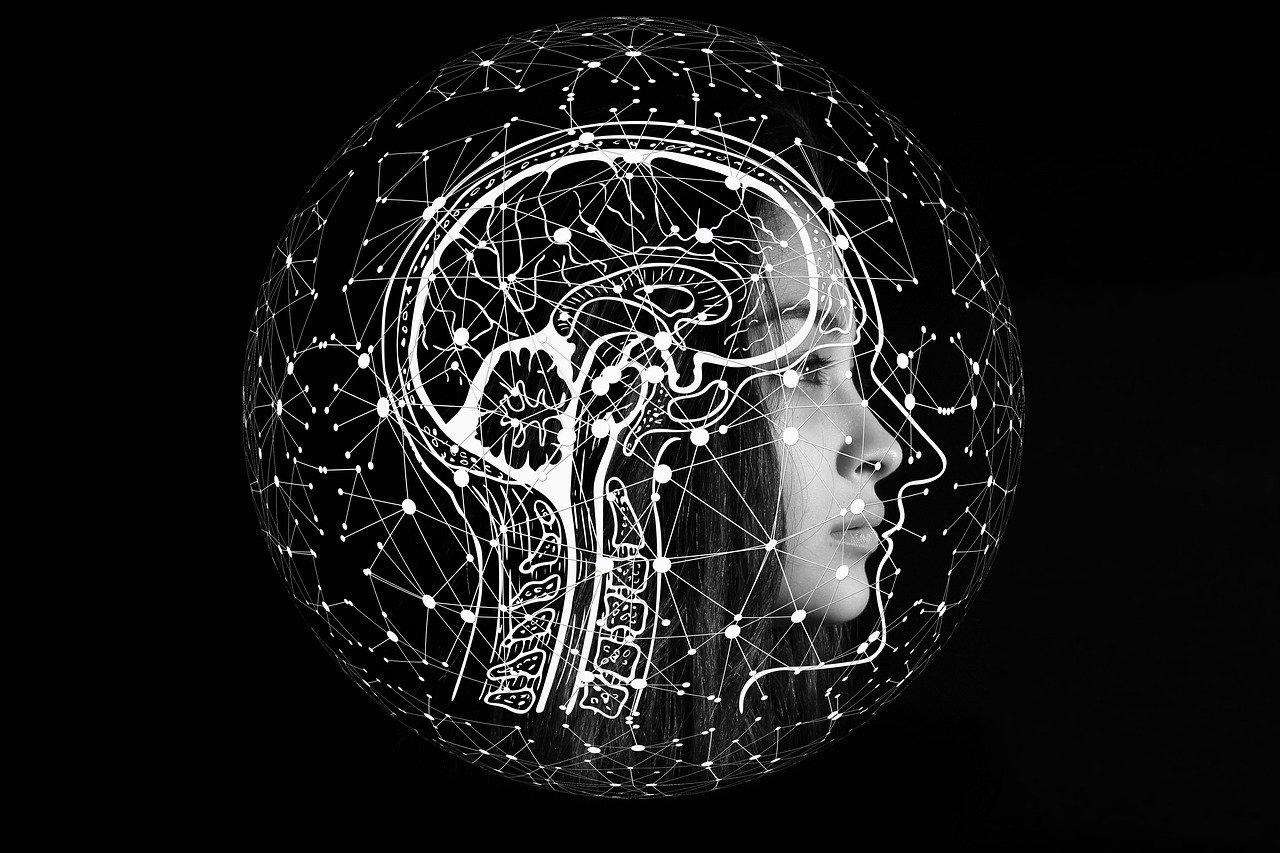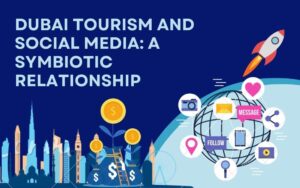Introduction
In the fast-paced and ever-evolving world of business, marketing and technology have become inseparable companions. The fusion of technology and marketing has fundamentally reshaped how companies connect with consumers, analyze data, and make informed decisions. This article explores the profound impact of technology on marketing and highlights key trends and strategies that are shaping the industry today.
Data-Driven Decision Making
Technology has unleashed the power of data in marketing. In the digital age, businesses can collect, analyze, and leverage an unprecedented amount of consumer information. Through the use of Customer Relationship Management (CRM) software, data analytics, and artificial intelligence (AI), marketers can gain deeper insights into customer behavior, preferences, and purchasing patterns. This data-driven approach allows for more targeted and personalized marketing strategies.
Personalization and Customer Experience
The advent of technology has enabled hyper-personalized marketing efforts. AI algorithms and machine learning help businesses tailor marketing messages and product recommendations to individual customers. This personalization extends to content, email marketing, and even chatbots, providing a more immersive and relevant customer experience. Tailored marketing not only drives engagement but also increases the likelihood of conversions and customer loyalty.
Social Media and Influencer Marketing
Social media platforms have transformed the way businesses connect with their audience. These platforms serve as marketing channels where brands can interact with consumers in real-time, fostering a sense of community and trust. Moreover, influencer marketing has gained prominence, allowing businesses to collaborate with influential figures to promote their products or services. Technology facilitates influencer identification and performance tracking, making these collaborations more data-driven and accountable.
Automation and Efficiency
Marketing technology, or MarTech, has introduced automation into various marketing processes. Automation tools, such as marketing automation software and chatbots, streamline tasks like email marketing, lead nurturing, and customer support. These technologies not only save time and resources but also enhance consistency and accuracy in marketing efforts.
E-commerce and Mobile Marketing
The rise of e-commerce platforms and mobile devices has transformed shopping habits and marketing strategies. Mobile marketing, including mobile apps, SMS marketing, and location-based advertising, allows businesses to connect with consumers on their preferred devices. Technology has made online shopping seamless, enabling businesses to offer a frictionless purchasing experience.
Content Marketing and SEO
Technology has also impacted content marketing and search engine optimization (SEO). Content management systems (CMS) like WordPress and SEO tools help marketers create and optimize content for search engines. Search algorithms continually evolve, making it crucial for businesses to stay updated on the latest SEO trends and best practices.
Omnichannel Marketing
The integration of technology has facilitated omnichannel marketing, where businesses provide a consistent and seamless experience across multiple touchpoints, including physical stores, websites, mobile apps, and social media. The use of data analytics and customer insights is pivotal in ensuring a coherent customer journey throughout these channels.
Virtual Reality (VR) and Augmented Reality (AR)
Emerging technologies like VR and AR offer innovative marketing opportunities. These immersive technologies allow businesses to create engaging, interactive experiences for consumers. For example, VR can be used to offer virtual tours of real estate properties, while AR can be employed for interactive product demonstrations.
Conclusion
The integration of technology and marketing has led to a dynamic and transformative era in the world of business. The ability to harness data, personalize marketing efforts, automate processes, and engage customers through various channels has opened up new possibilities for companies of all sizes. To remain competitive and relevant, businesses must continue to adapt and embrace emerging technologies, always keeping a finger on the pulse of the latest marketing trends and strategies. The synergy between technology and marketing is an ongoing journey, and it is one that promises exciting innovations and opportunities for the future.













